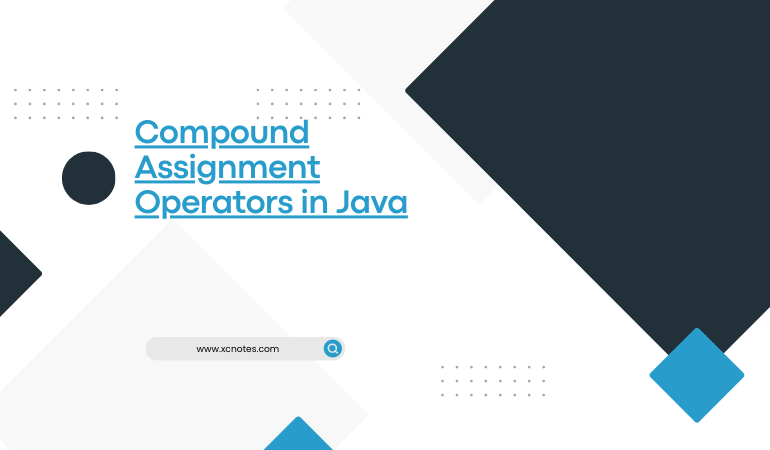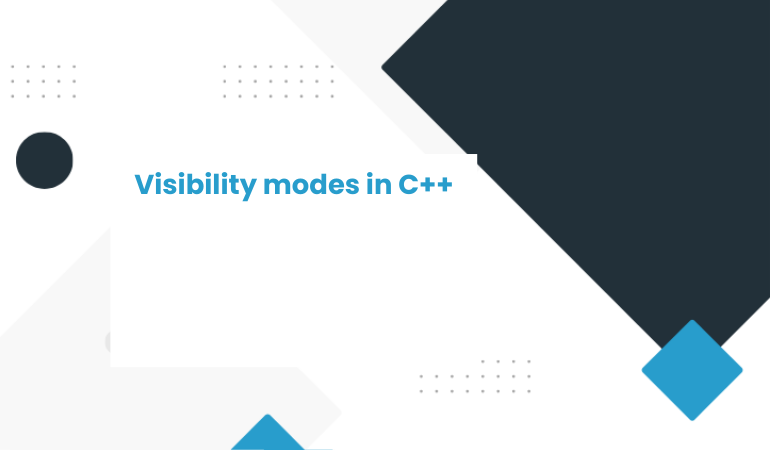
Compound Assignment Operators in Java
The compound assignment operator(+=,-=,*=,/=,%=,&=,|=,^=,<<=,>>=,>>>=) is a combination of the assignment operator and another operator such as an arithmetic operator. So they are also known as Shorthand assignment operators.
Syntax:
Variable operator variable or constant
The following Table shows the compound assignment operators and their usage
Operator Expression(shorthand) meaning
+= vall+=increasee; vall=vall+increasee;
-= firstt-=25; firstt=firstt-25;
/= firstt/=sec; firstt=firstt/sec;
*= costt*=qtty+1; costt=costt*(qtty+1);
%= FIRR%=SECC; FIRR=FIRR%SECC;
&= firstt&=seec; firstt=firstt&seec;
|= firstt|=seec; firstt=firstt|seec;
^= firstt^=seec; firstt=firstt^seec;
<<= cpricee<<=spricee; cpricee=cpricee<<spricee;
>>= firstt>>=seec; firstt=firstt>>seec;
>>>= biib>>>=niib; biib=biib>>>niib;
Compound Assignment Operators with example
class CompoundAssignment
{
public static void main(String aa[])
{
int a,b,c;
a=1;
b=2;
c=3;
a+=5;
b*=4;
c+=a*b;
c%=6;
System.out.println(“a=”+a);
System.out.println(“b=”+b);
System.out.println(“c=”+c);
System.out.println(“c%=”+c);
}
}



